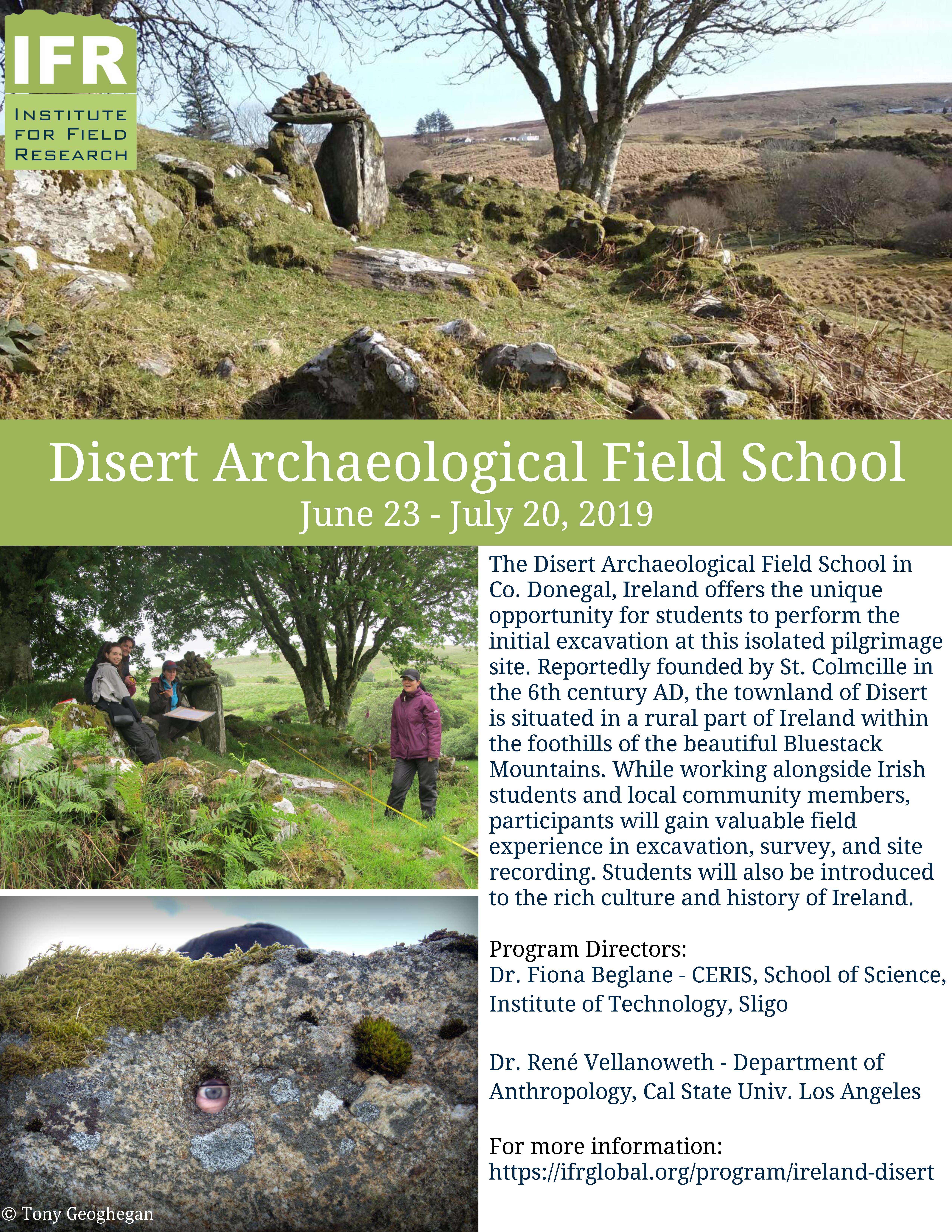We have reached
that time of the year when it becomes necessary to open the floor for
nominations to the American Society of Irish Medieval Studies Executive
Committee. The Board meets roughly three or four times per year via Google
Hangouts, and provides review for submissions to the ASIMS journal, Eolas,
as needed throughout the publishing year and according to each member’s
specialty or field representation. Members may also be asked to adjudicate
submissions to the annual Barry Award and Adams Award competitions each spring.
The duties are therefore not generally onerous and offer a great way to
contribute to the overall success and welfare of our professional organization.
Officers do need to possess a doctorate in their field and be members of ASIMS at
the time their terms begin.
The offices
listed below will become vacant effective in May at the International Congress
on Medieval Studies; all terms are two years except Vice President, as
noted:
Executive offices that will be
vacant in May:
(1) Vice President (elected)
Becoming VP is
a commitment for a total of four years: two years as VP followed by
automatic accession to the office of President for two years. The duties of the
VP are not extensive and primarily concern the running of ASIMS’ annual awards
competitions and the society’s elections.
(2) Secretary (appointed)
Discipline and Regional
Representative offices that will be vacant in May:
(1) Archaeology Representative (elected)
(2) Art History Representative (elected)
(3) Literature Representative (elected)
(4) Philology Representative (elected)
(5) Theology Representative (elected)
(6) Ireland Regional Representative (appointed)
The Ireland Representative
acts as an ombudsperson and local representative for ASIMS in Ireland; the
Ireland Rep therefore needs to physically reside in, or have recently resided
in, Ireland itself.
If you would like to nominate yourself or someone else, please provide the relevant individual’s name and email address to me, Máire Johnson, at mjohns38@emporia.edu, by Monday, March 4th; feel free to contact me also if you have any questions. NOTE: Anyone who is nominated by another will be contacted to confirm their willingness to stand for election.
We will announce
the opening of elections at the end of February or beginning of March; votes
will be collected via the ASIMS website and results announced by the end of
March. Thank you in advance for your willingness to contribute to the ongoing
success of the American Society of Irish Medieval Studies!

